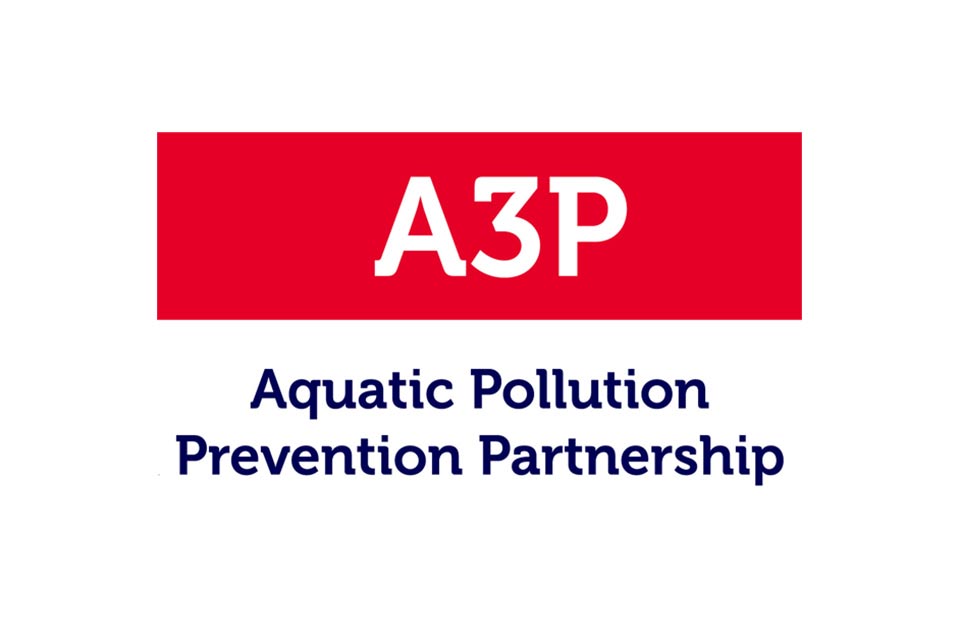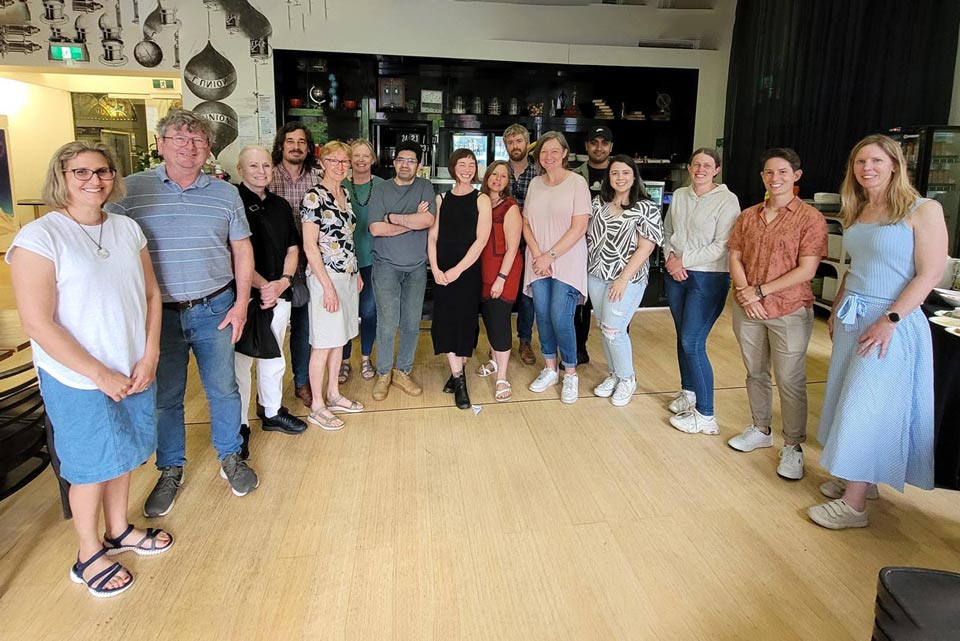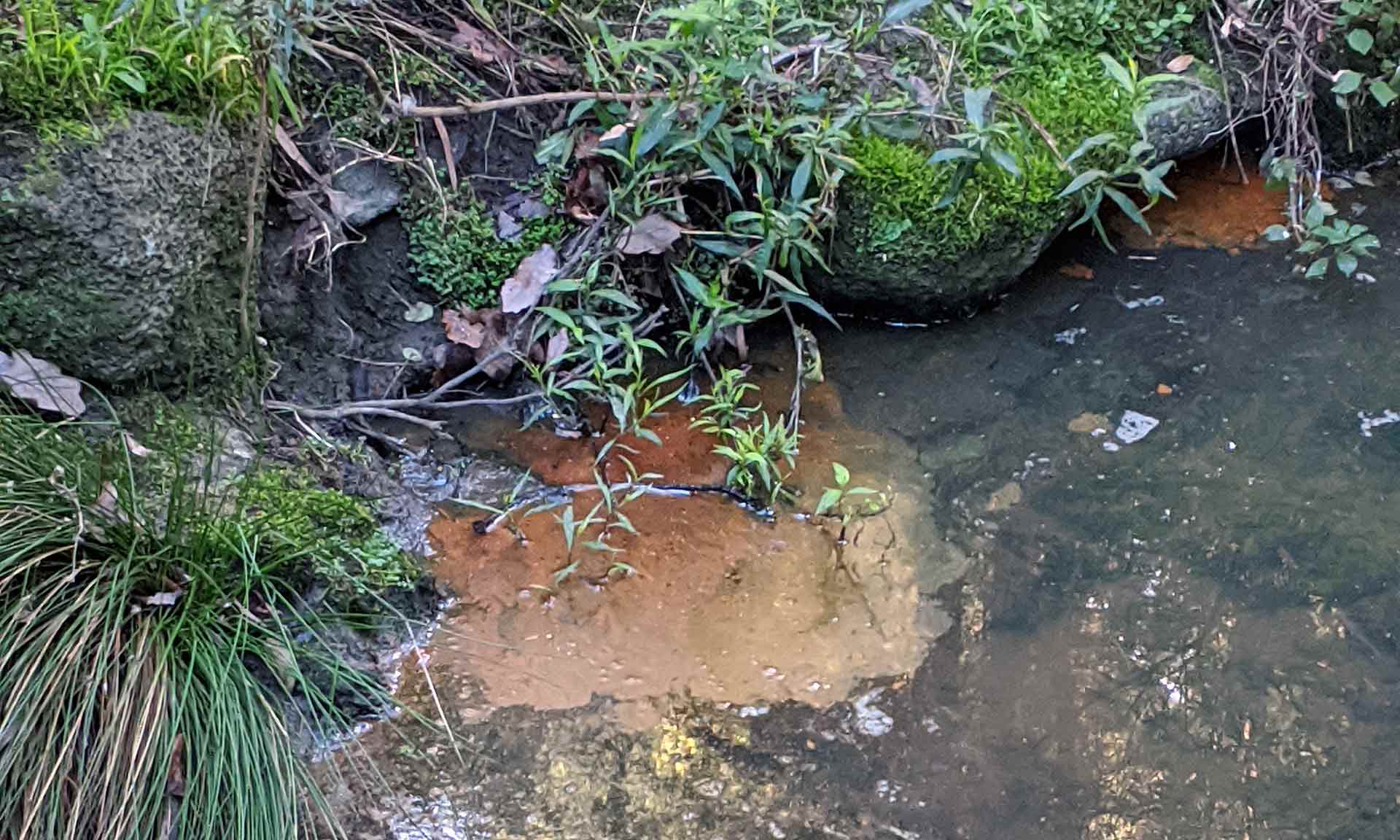
A3P Aquatic Pollution Prevention Partnership
A3P The Aquatic Pollution Prevention Partnership renewed for another 5-years to 2028.
A3P The Aquatic Pollution Prevention Partnership renewed for another 5-years to 2028.

A3P The Aquatic Pollution Prevention Partnership renewed for another 5-years to 2028.
A3P The Aquatic Pollution Prevention Partnership renewed for another 5-years to 2028.


Left-Right: Claudette Kellar, Vin Pettigrove, Melita Stevens, Rhys Coleman, Judy Blackbeard, Kath Hassell, Behzad Pournouri, Tanya Paige, Monica Tewman, Dan MacMahon, Sara Long, Pulasthi Serasinghe, Adele Romagnano, Bec Reid, Gina Mondschien and Jackie Myers.
With a very positive external review in 2022 (Inexure, 2022), we are proud to announce that our research agreement has been renewed for a further 5-years.
Using a collaborative research model between Melbourne Water and RMIT University with active involvement of stakeholders, we ensure our research outputs are relevant and timely to facilitate industry adoption.
A3P represents an approach to conduct research on waterway pollution identification and management within the Port Phillip and Westernport region that supports a truly dual focus of:
The Partnership is focused on identification and management of pollution in waterways and bays in both urban and rural environments, and the prioritisation and design of interventions for the protection and improvement of waterway and bay ecosystems. As well as helping to inform strategic planning, the research program is designed to be flexible and responsive so that it can also support Melbourne Water’s day-to-day activities. This includes providing direct and easy access to expert advice for Melbourne Water, through co-location of staff (at both Melbourne Water and the Partner Organisation offices) and regular formal and informal interaction opportunities between researchers and waterway managers.
The Research Group is established as an open framework to accommodate collaboration, and actively seek opportunities for integrated and complementary projects with other research groups and industry organisations.

See the latest waterway research from Melbourne Water research partners, featuring A3P. Information is also available in the individual project pages.

Meet our research team as they star in videos about topics close to our heart, share Webinars on Volunteer Training, Project Results videos and some “how-to” videos for pollution sampling.
For videos on our A3P research projects supports the Healthy Waterways Strategy in our region, go to: Melbourne Water Waterways and Research Annual Forums. Enjoy!
AQUEST The Aquatic Environmental Stress Research Group at RMIT are leaders in research on stressors and pollution in waterways and their catchments.


RMIT University acknowledges the people of the Woi wurrung and Boon wurrung language groups of the eastern Kulin Nation on whose unceded lands we conduct the business of the University. RMIT University respectfully acknowledges their Ancestors and Elders, past and present. RMIT also acknowledges the Traditional Custodians and their Ancestors of the lands and waters across Australia where we conduct our business - Artwork 'Sentient' by Hollie Johnson, Gunaikurnai and Monero Ngarigo.
Learn more about our commitment to Indigenous cultures